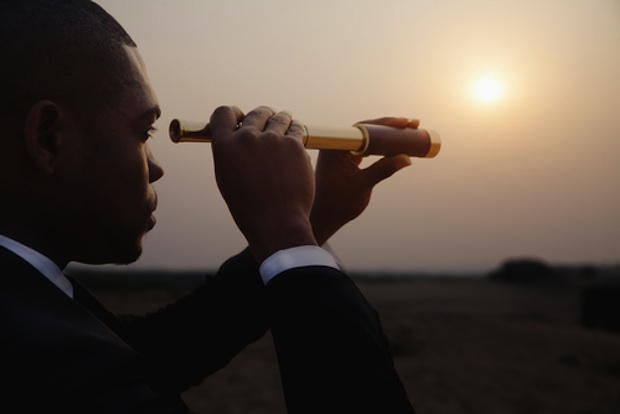Most people have a deeply intuitive sense about what matters most to them. Once they learn to trust that intuition – itself no small feat- the real challenge lies in figuring out where and how to pursue it, to obtain and to deepen it. While there’s no single answer, I’m increasingly convinced that whatever it is that matters most to each of us, there are some helpful principles regarding how and where we’re going to find it.
While specific tools, practices and institutions are all crucially important to finding what matters most, in the end it’s really about people and relationships.
It is so tempting to imagine that if we just found the right place or setting, our search for experiencing what matters most would be solved. Who doesn’t want to believe – at least some of the time – that everything would be okay if we could just get it right, say the right words, or practice the right ritual in the right place? In fact, finding the answer, the tradition, the guru, the right place, etc. is so tempting, that it’s a multibillion-dollar business. A driving reason behind the size of that industry is the unsustainability of the approach, which offers singular and simplistic responses to what are inherently complex questions.
People are the place where we find what matters most; relationships are what sustain that discovery.
What matters most, however each of us defines it, is simply too rich and complex to be found in any one place or with any one method, surely for any long period of time. But that doesn’t mean that it cannot be found, or our connection with it cannot be sustained. It can be.
Getting in touch with what matters most, especially in a lasting way, happens when we look for it inside ourselves and in those with whom we interact. People are the place where we find what matters most; relationships are what sustain that discovery.
Some may argue with my understanding of where and how we find what matters most, and I would love to hear alternative views. Of course, that’s because I hope to find what matters most to me – less in my own claims than in relationships with others, and in the composite of all of our views.

Listed for many years in Newsweek as one of America’s “50 Most Influential Rabbis” and recognized as one of our nation’s leading “Preachers and Teachers,” by Beliefnet.com, Rabbi Brad Hirschfield serves as the President of Clal–The National Jewish Center for Learning and Leadership, a training institute, think tank, and resource center nurturing religious and intellectual pluralism within the Jewish community, and the wider world, preparing people to meet the biggest challenges we face in our increasingly polarized world.
An ordained Orthodox rabbi who studied for his PhD and taught at The Jewish Theological Seminary, he has also taught the University of Pennsylvania, where he directs an ongoing seminar, and American Jewish University. Rabbi Brad regularly teaches and consults for the US Army and United States Department of Defense, religious organizations — Jewish and Christian — including United Seminary (Methodist), Yeshivat Chovevei Torah (Modern Orthodox) Luther Seminary (Lutheran), and The Jewish Theological Seminary (Conservative) — civic organizations including No Labels, Odyssey Impact, and The Aspen Institute, numerous Jewish Federations, and a variety of communal and family foundations.
Hirschfield is the author and editor of numerous books, including You Don’t Have To Be Wrong For Me To Be Right: Finding Faith Without Fanaticism, writes a column for Religion News Service, and appears regularly on TV and radio in outlets ranging from The Washington Post to Fox News Channel. He is also the founder of the Stand and See Fellowship, which brings hundreds of Christian religious leaders to Israel, preparing them to address the increasing polarization around Middle East issues — and really all currently polarizing issues at home and abroad — with six words, “It’s more complicated than we know.”

